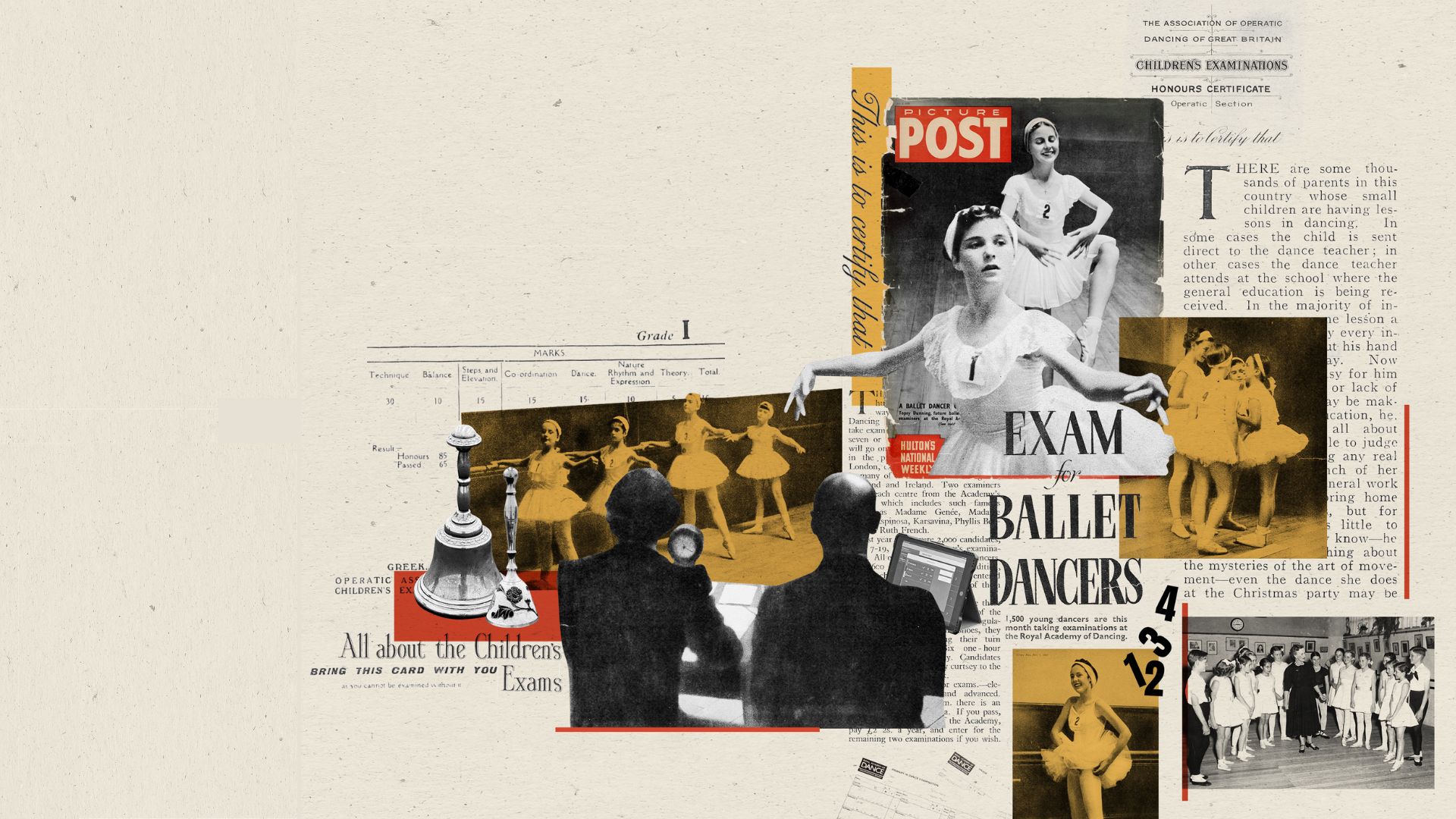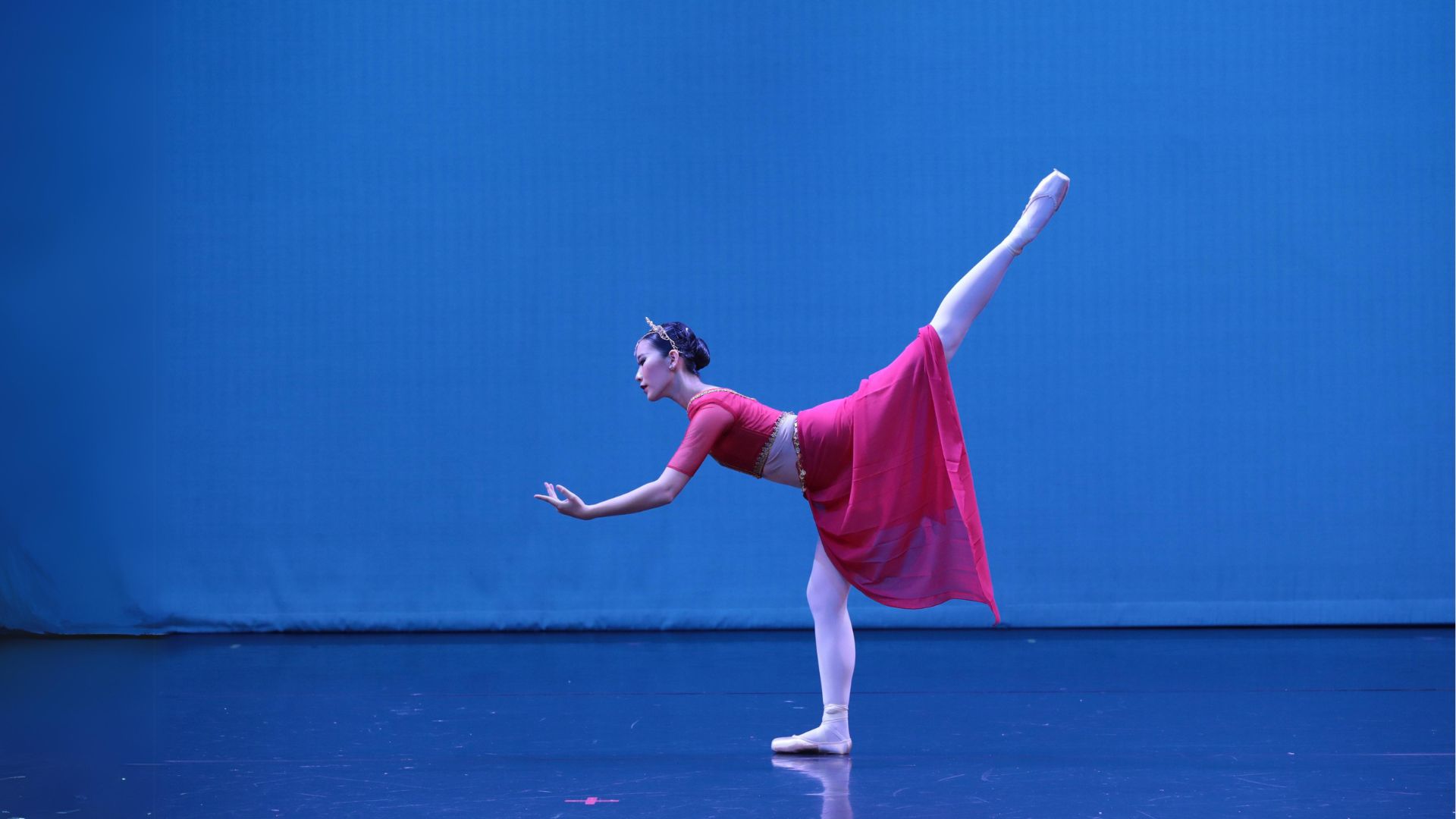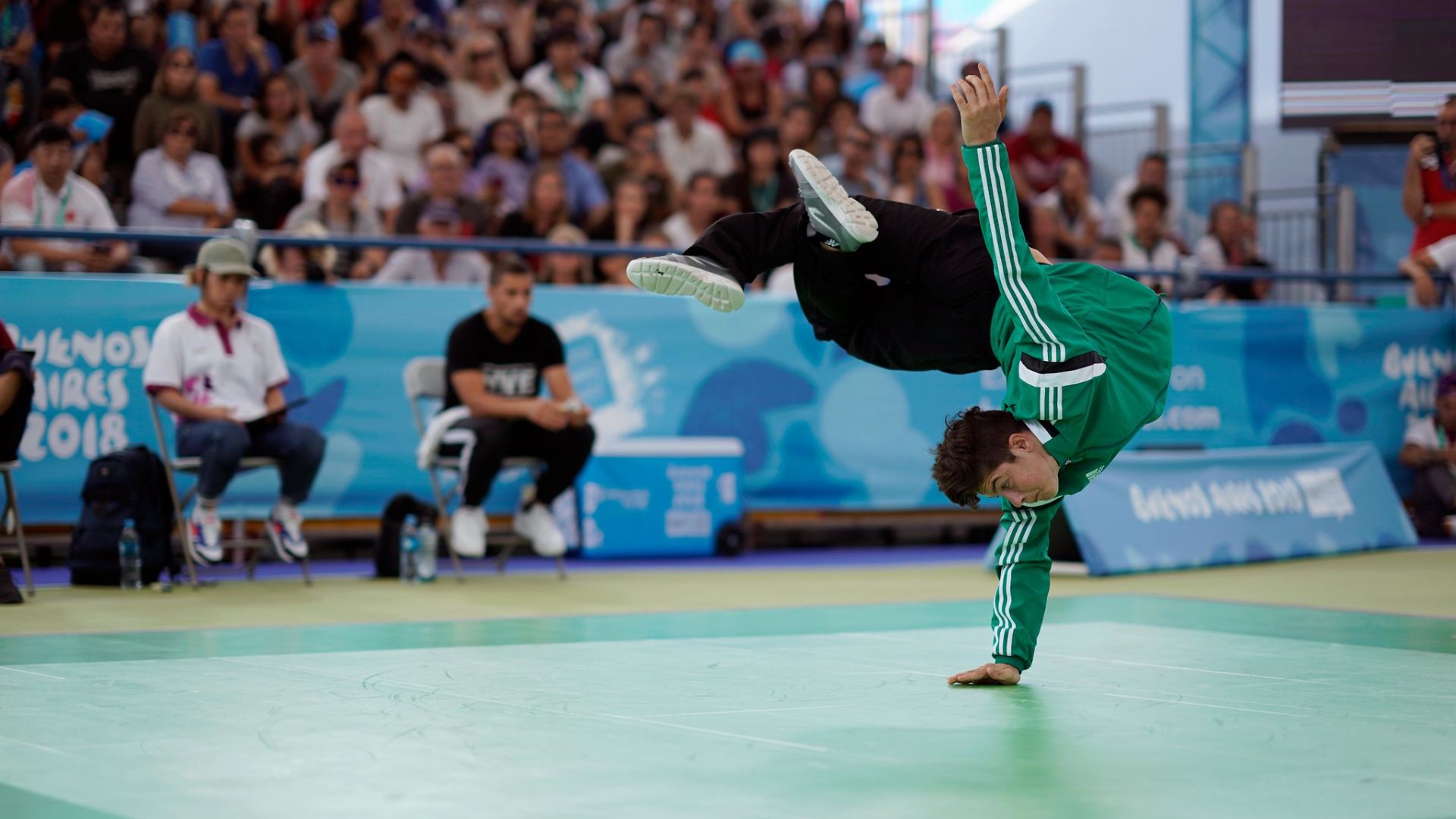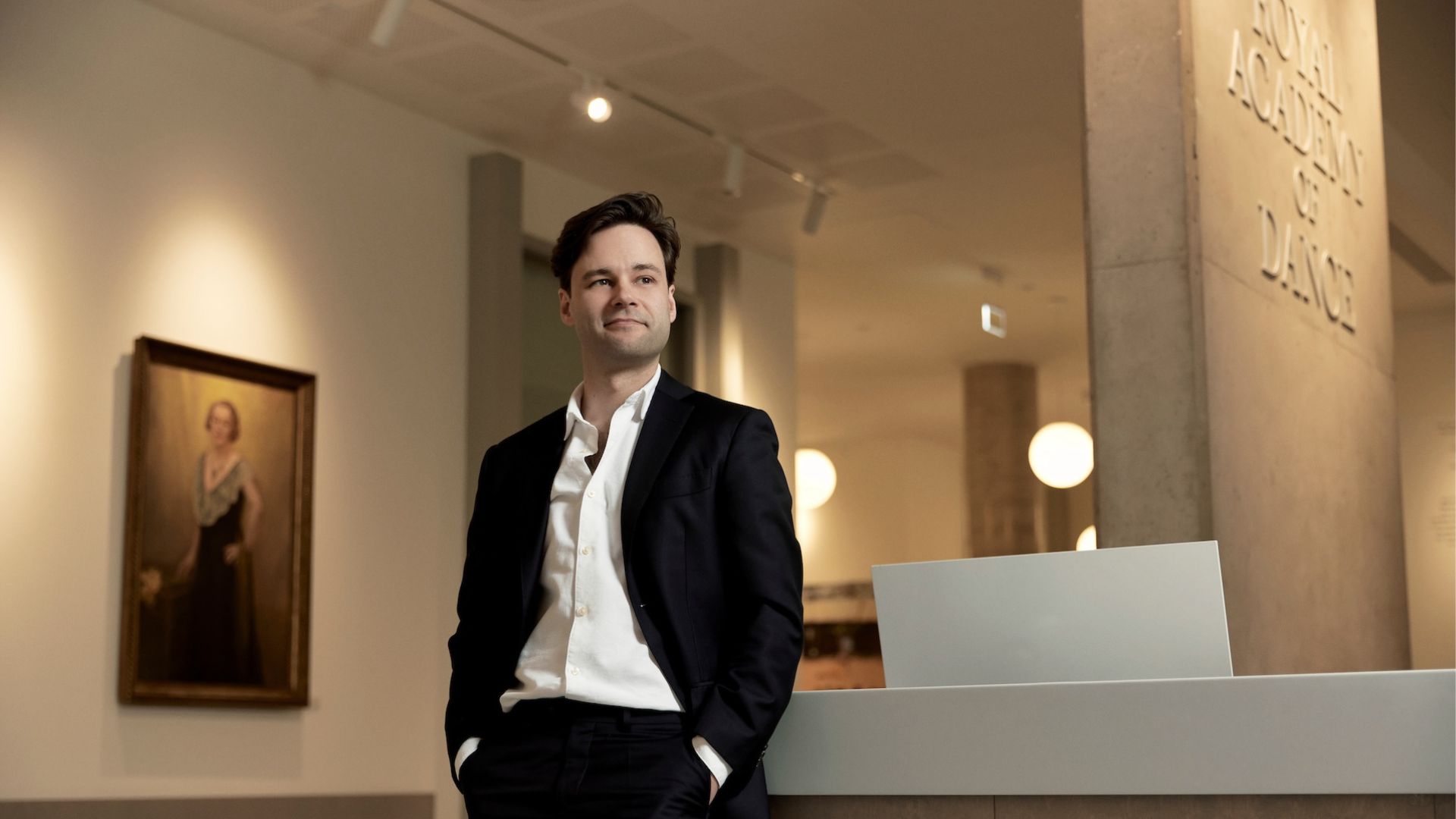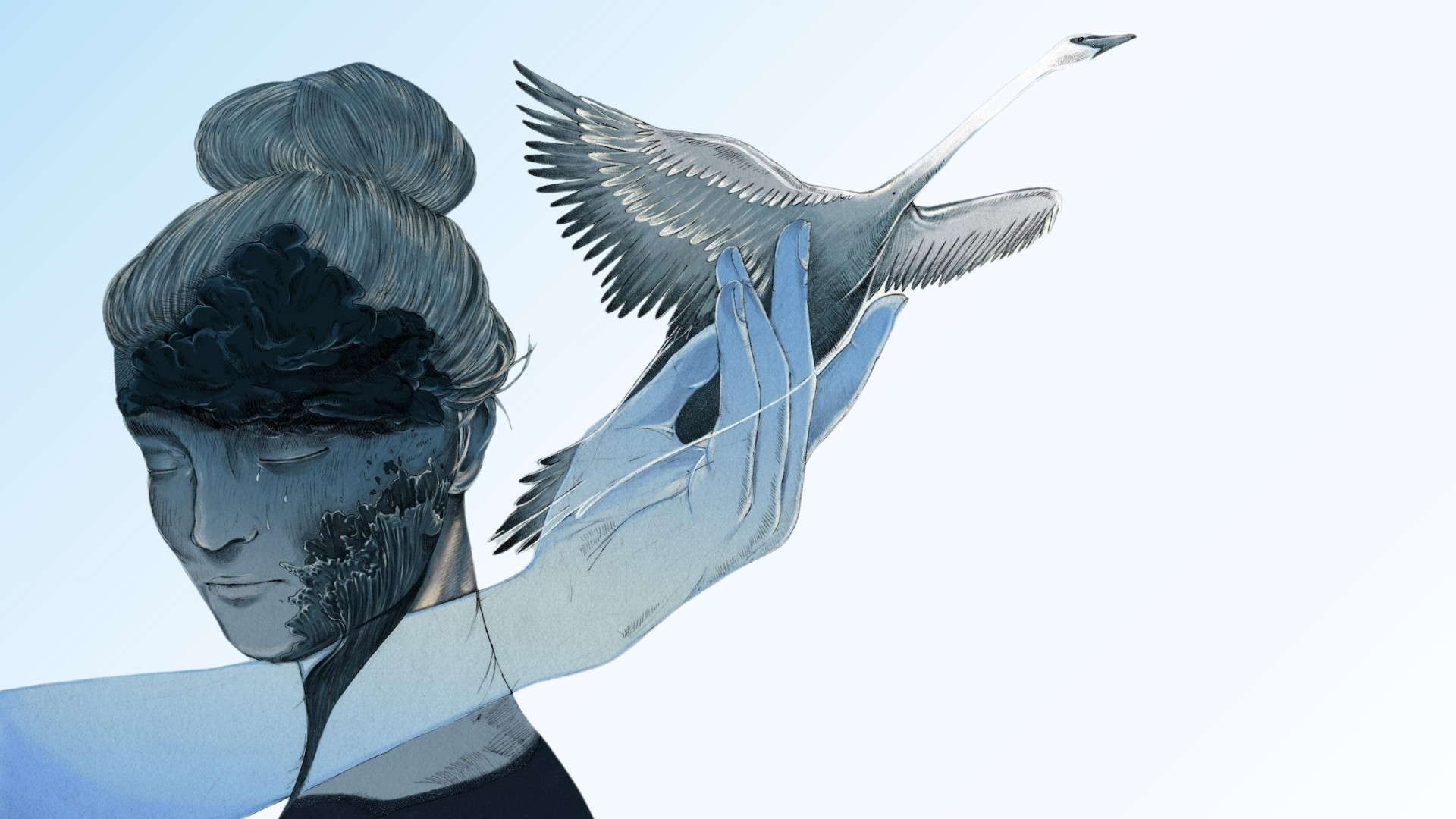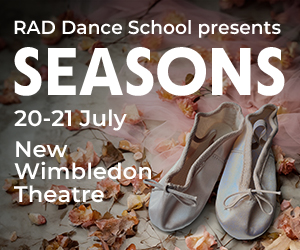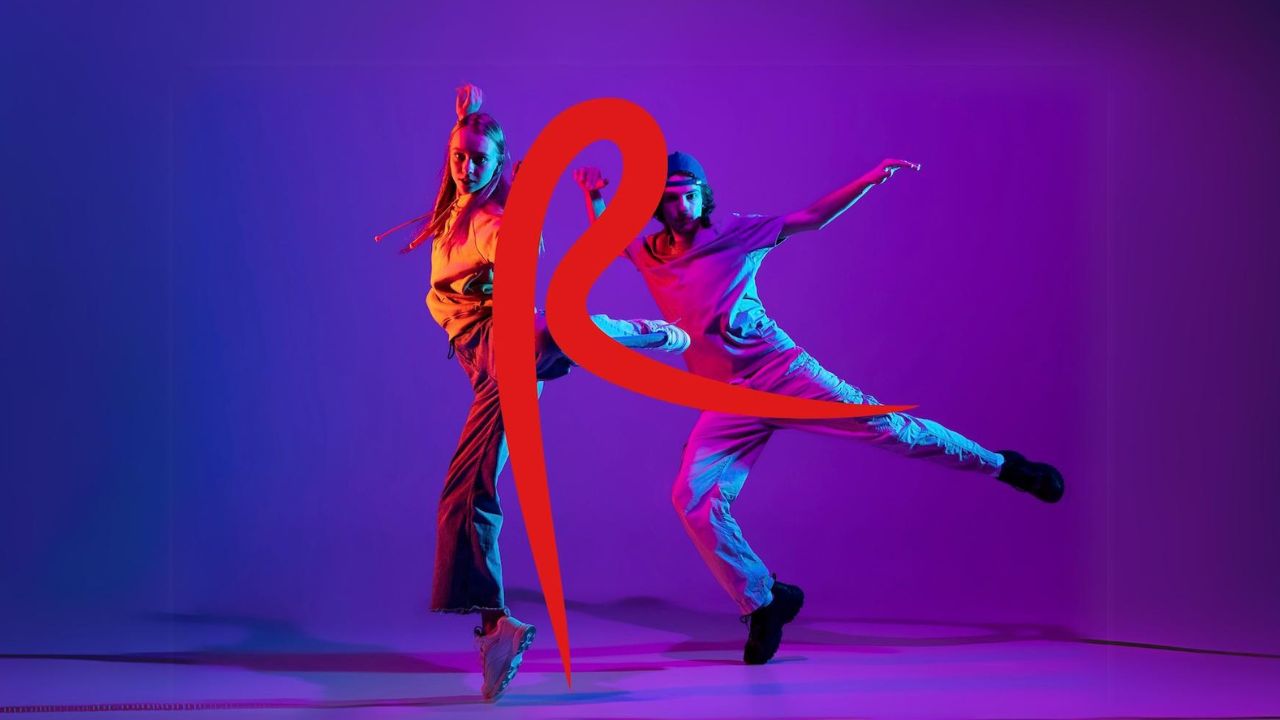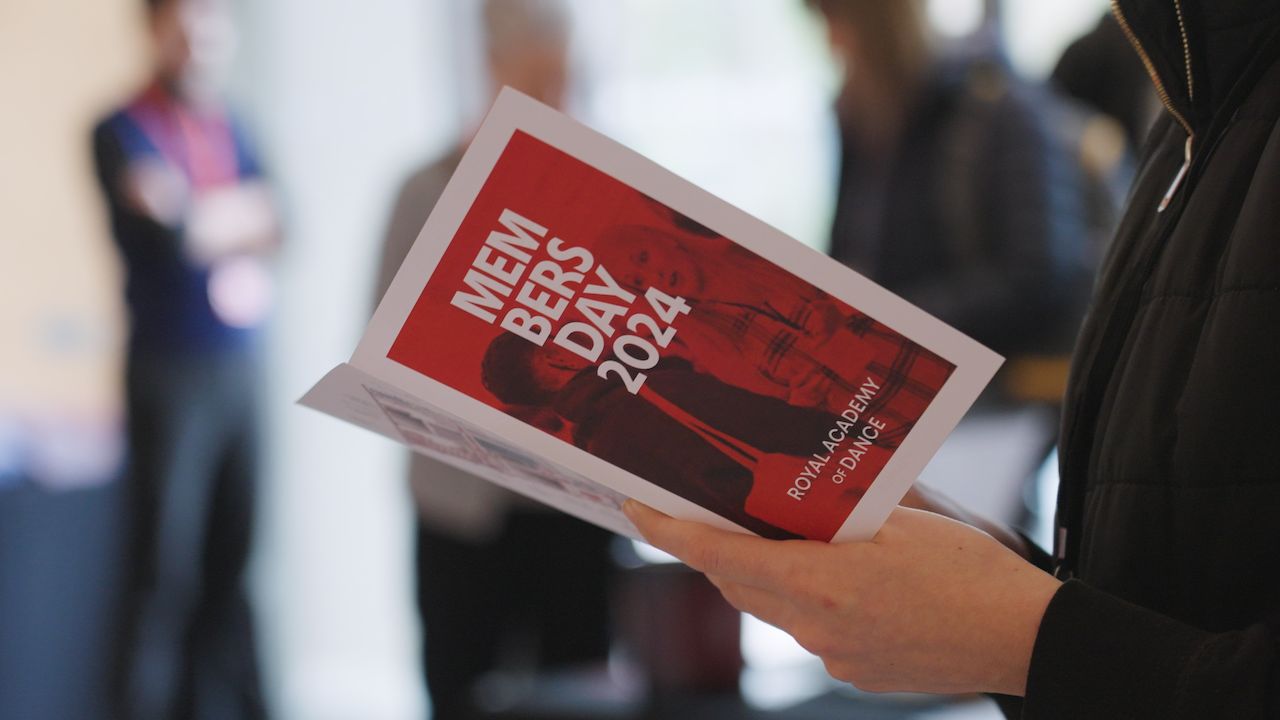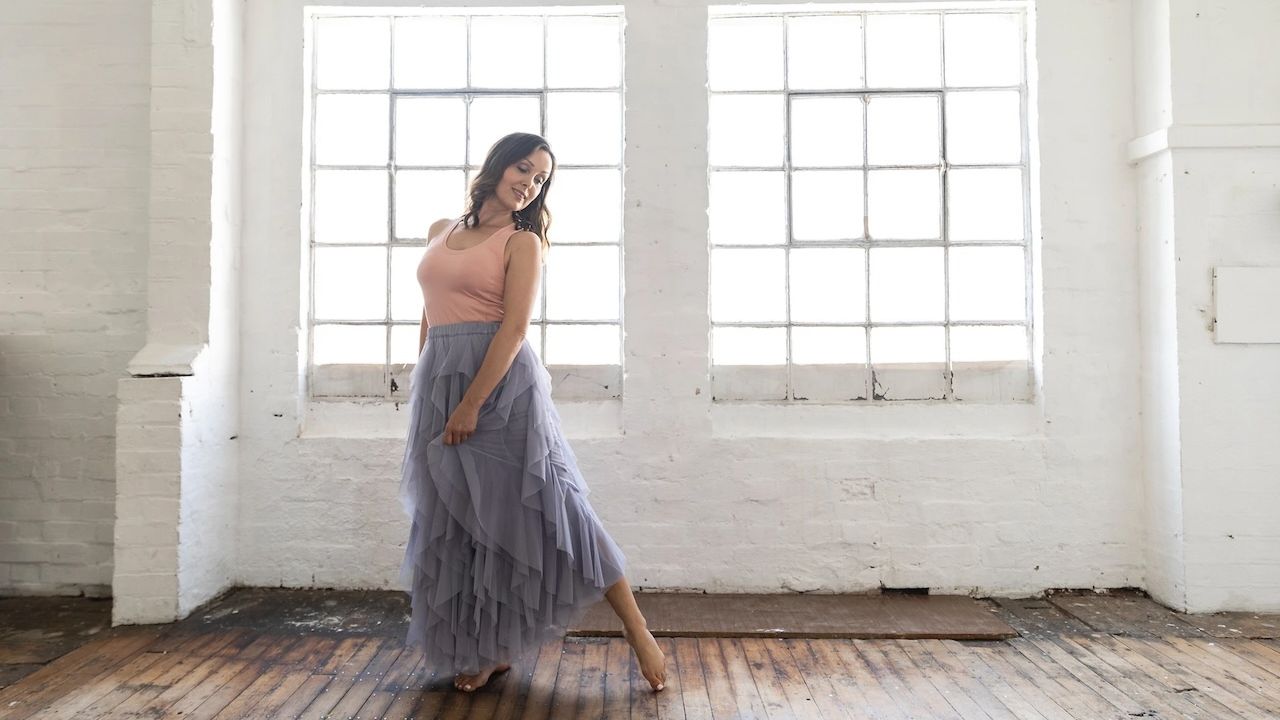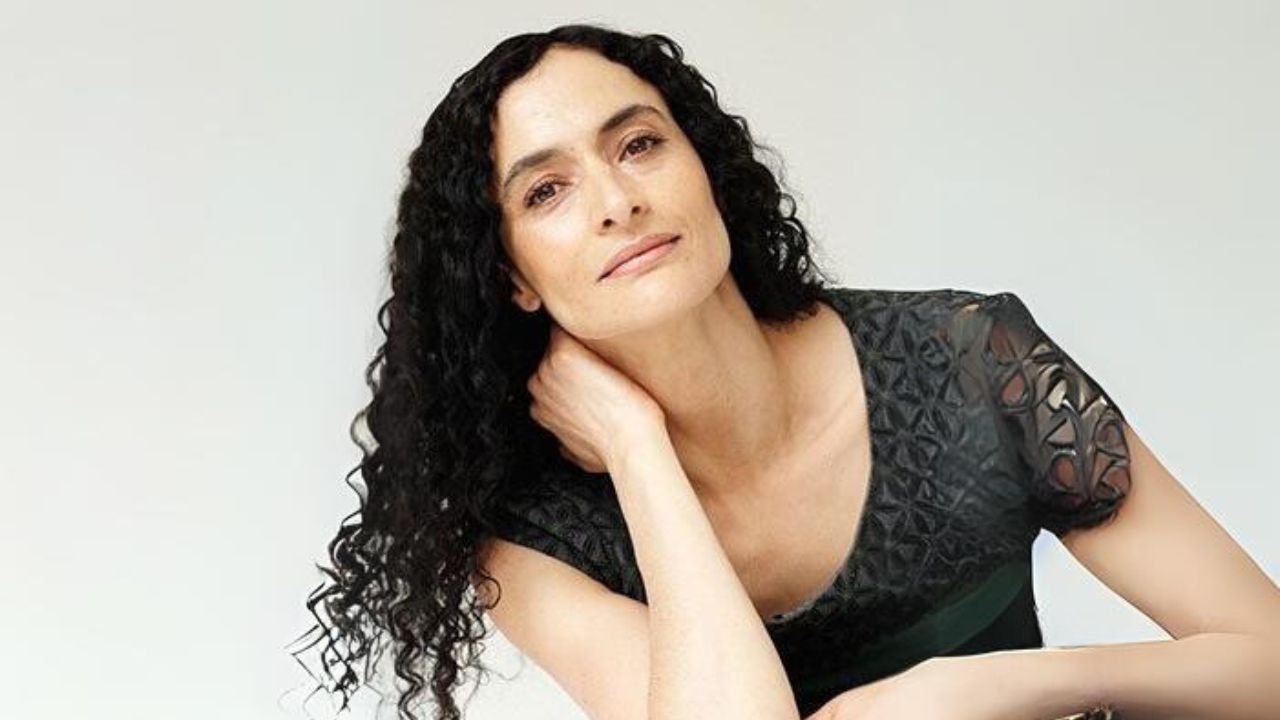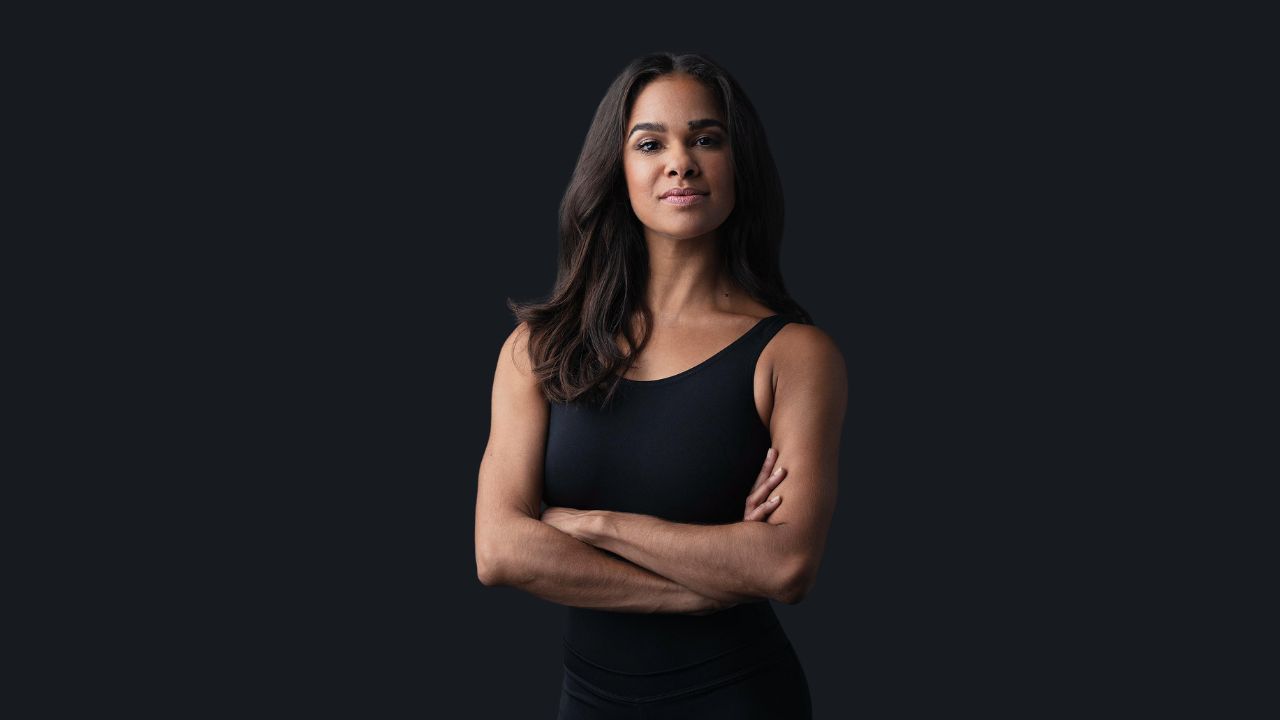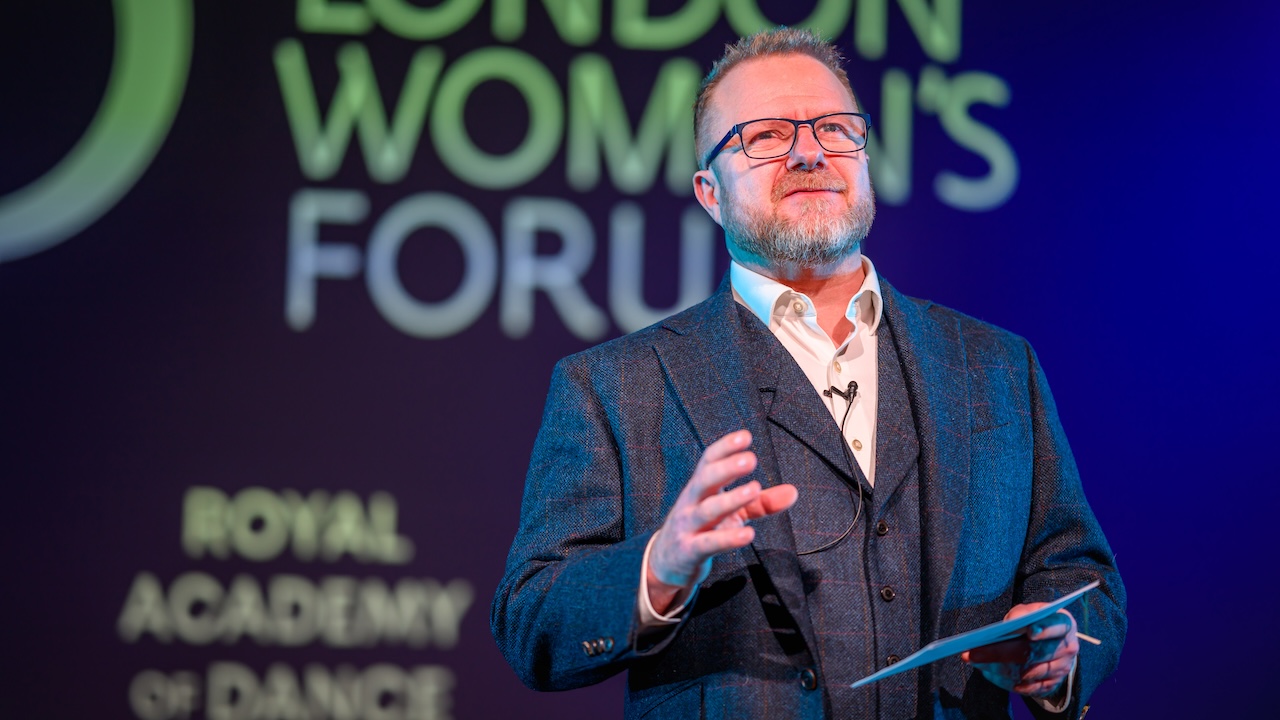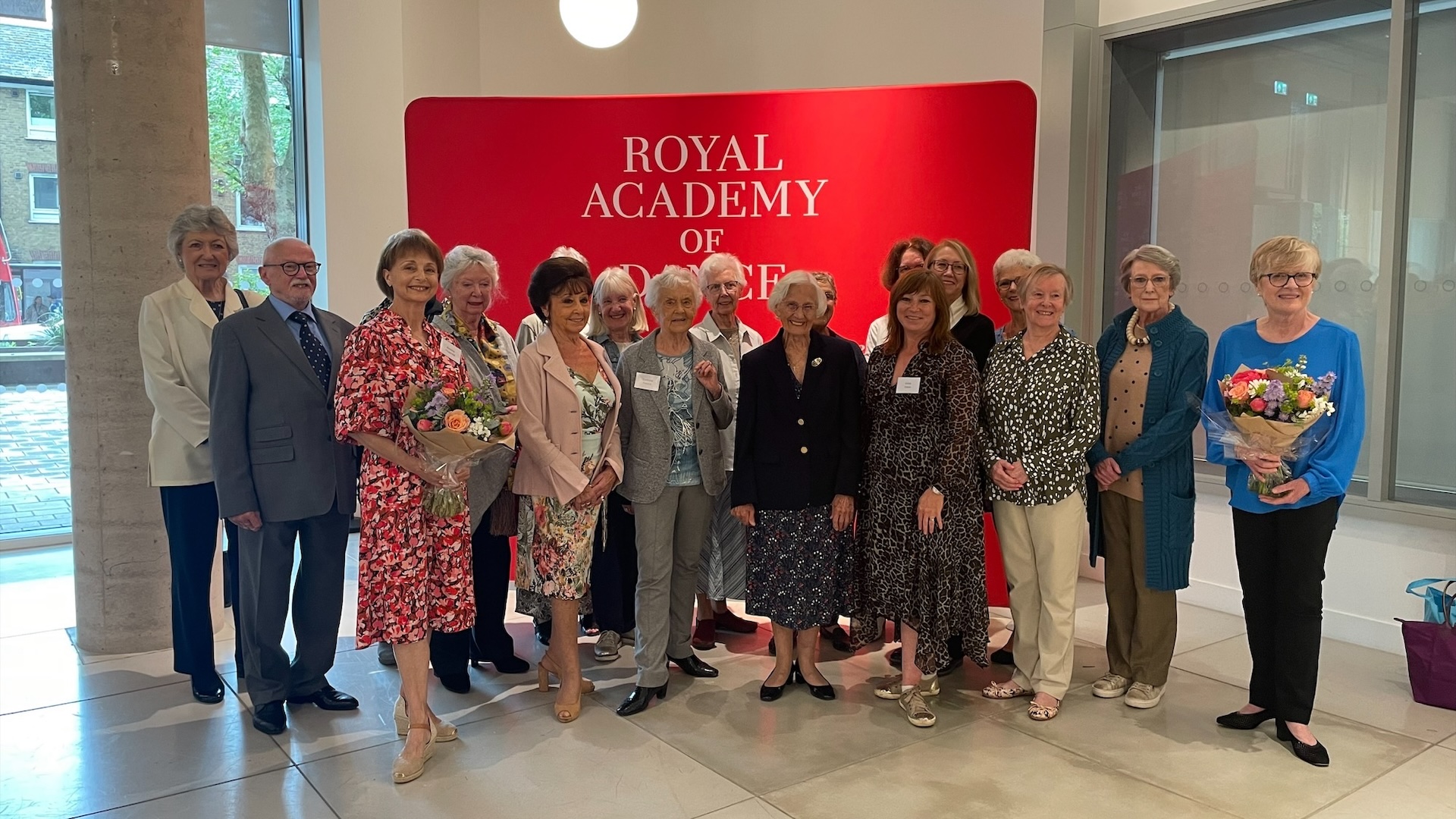A bell rings. A line of perfectly dressed dancers, little white numbers attached to their chests, enter the room. They exchange greetings with the person seated behind the table and assume position. And so starts another RAD examination. Each year, almost a quarter of a million dancers across the globe experience this event. For some, this is a stepping stone to a career as a professional ballet dancer. For others, it is a proud moment in a much-loved childhood hobby. For others yet, it is the culmination of their hard work after returning to dancing later in life: candidates currently range in age from just two years old to over 60.
This year, the RAD exams celebrate their centenary. Those 100 years have seen the syllabi expand, evolve and respond to the changing nature of dance and dancing. But, at their core, they have remained true to their original purpose: to create dancers who combine flawless technique and knowledge with artistic flair and passion.
The current iteration of the exams includes a graded syllabus stretching from Pre-Primary to Grade 8, plus the vocational graded syllabus which runs from Intermediate Foundation to the Solo Seal. There’s also the relatively new Discovering Repertoire programme which allows all dancers over 12 to explore and perform iconic roles and adapted choreography from ballets like Giselle, Swan Lake and Coppélia. Some of the higher level exams can be counted as UCAS points for prospective undergraduates.
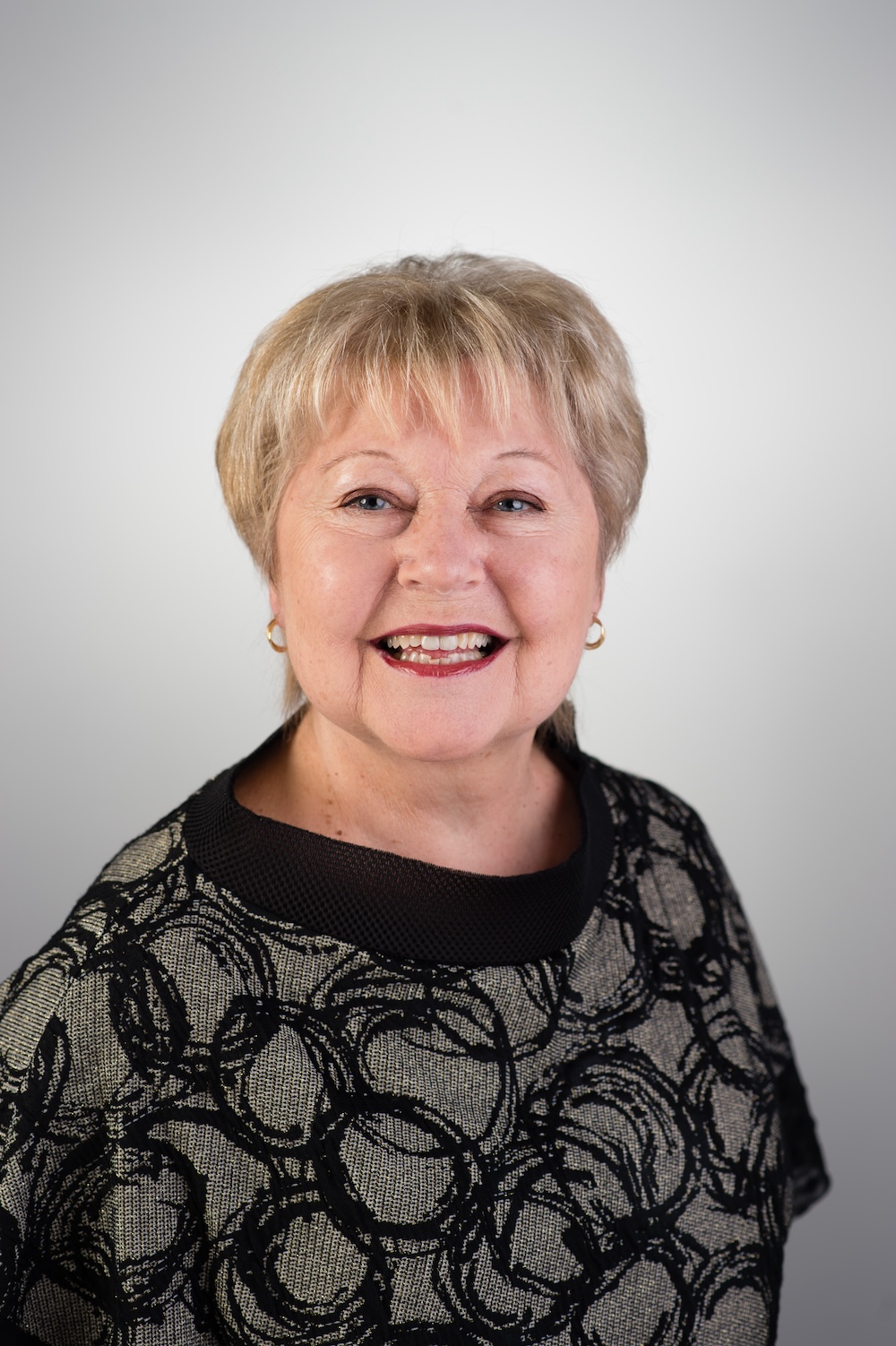
‘For over 100 years,’ shares Mary Keene, who became the Director of Examinations in late 2023, ‘an underlying principle of RAD examinations is that every student, regardless of their ability, deserves to be taught with integrity and encouragement. Even students at a recreational level should have the opportunity to receive sound, holistic training which will not only benefit their own quality of life but also bring them enjoyment and an authentic understanding of the art form.
‘The portfolio of examinations and assessments offered by the RAD represent achievable goals and motivation for learners at all stages of training. We hope there is something for students of all backgrounds and abilities to work towards and enjoy.’
Karen Gage has worked as a RAD examiner for 53 years and seen the creation and application of four RAD syllabi. She describes the current syllabus as ‘a completely fresh look at and modernisation of the work to suit the child of today.’ It prioritises movement, diversions and imaginative sequences, and appreciates the demands on time many young dancers, particularly those who dance as a hobby, experience. She also sees the creation of the Class Award as a real boon to a child who, for whatever reason, doesn’t want to pursue traditional exams.
At 83, Gage is a repository of fascinating anecdotes about her time examining across the globe. She recalls how invested the higher echelons of the RAD have proven to be in the exams. In 1970, Gage was at a hotel in Glasgow helping to launch the new Fonteyn syllabus. ‘The door opens and Margot Fonteyn herself walked in!’ she laughs. ‘The teachers’ mouths nearly dropped off. She was up in Scotland performing Swan Lake at the Theatre Royal in Edinburgh, and she came to see us. Then she and Marjorie Middleton, the famous Edinburgh teacher, got up on the floor of the ballroom and danced the polka from the Primary level syllabus! I’ll never forget it; it was just lovely.’
Becoming an examiner ‘undoubtedly’ helped Gage to become a better teacher to pupils about to take their own exams. And yet, even the most experienced teacher cannot entirely prepare students for strange accidents of fate on the big day. Valentino Zucchetti, now a first soloist with the Royal Ballet and a rising-star choreographer, recalls his RAD exams – up to and including the Solo Seal – in an overwhelmingly positive light. But he also remembers his legs being ‘devoured by mosquitoes’ the night before an exam and a misguided maternal decision to coat his poor limbs in very thick, very visible, foundation. ‘My mum thought it would be a good idea to cover them with make-up,’ he says, with a chuckle. ‘It wasn’t.’
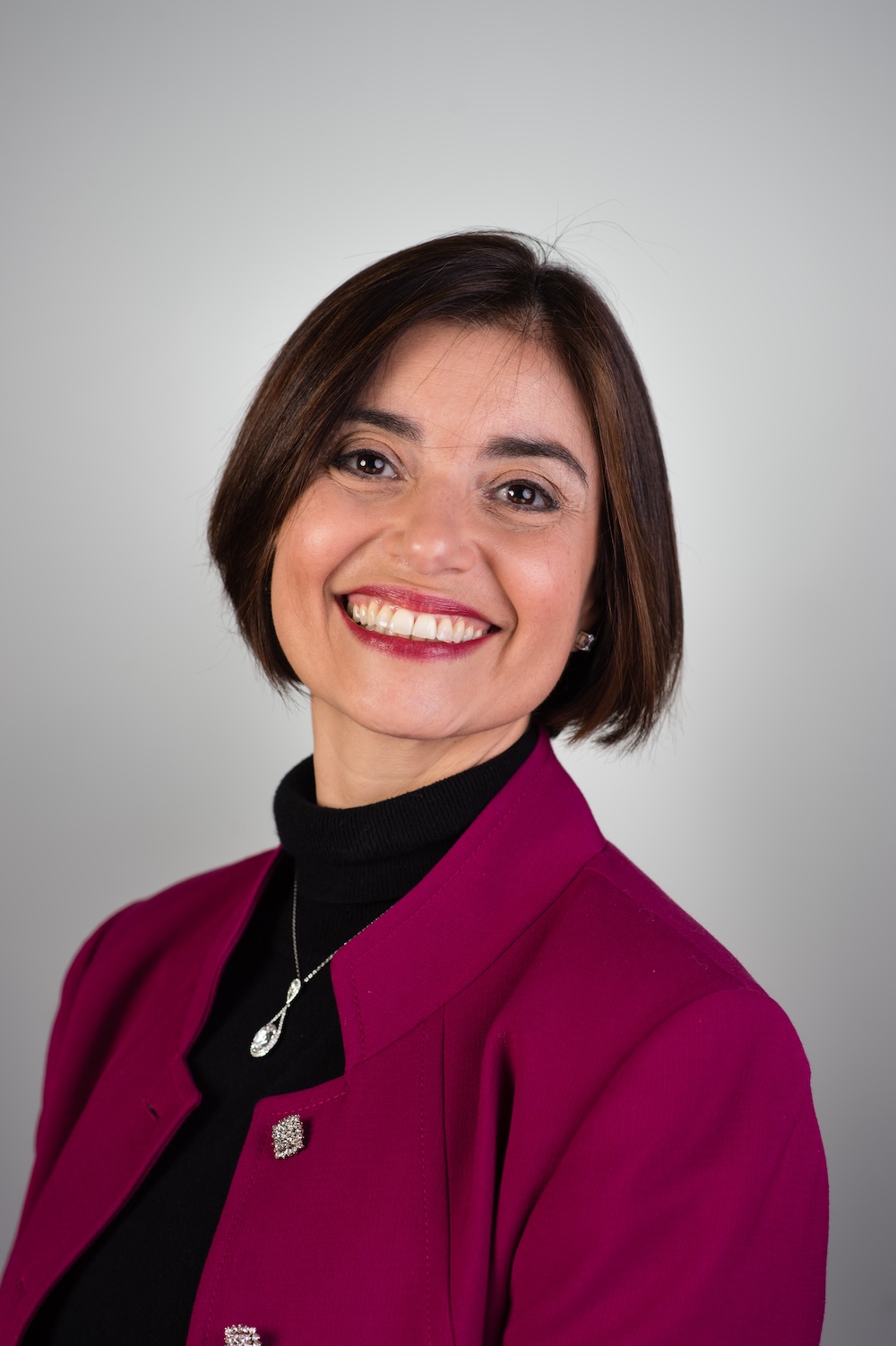
‘What you’ve worked on and gained as a dancer is as important as the outcome of an exam’
Ana Maria Campos
Ana Maria Campos, a Brazilian examiner who has examined in over 13 different countries, has also experienced a series of unforeseen events. Her list includes an earthquake evacuation in Mexico; a storm warning in Hong Kong that led to half a class being delayed; heavy Canadian snow trapping examiners en route; a construction site located right next to a dance studio; a faulty lock that saw pupils and examiners unable to leave the examination room and – perhaps most comically – the sudden appearance of a mouse causing everyone to dash out in horror. There was also the time a young pupil was cutely determined to discover if Campos’ shoes matched her pre-exam dream of an examiner in pink shoes. Luckily, Campos’ red shoes were close enough for the girl to focus and continue dancing.
No teacher can fully prepare a pupil for unusual happenings. But Campos believes that, whatever the circumstances, the most important thing is for the dancer to stay focused on their own performance and not worry about the person behind the desk. ‘Dancers need to know that an exam is an opportunity to show what they’ve learned and achieved in preparation for the exam,’ Campos says. ‘What you’ve worked on and gained as a dancer is as important as the mark or the outcome.’
As with any exam, nerves can come into play, although perhaps less often than might be expected. Janet Gittens, a RAD teacher who started teaching in Trinidad and Tobago before moving to Canada, witnessed how the exams had an uplifting effect on her students. ‘It definitely boosted their focus and confidence,’ she says. ‘After completing the examinations, students were often elated and beaming, with sparkles in their eyes. There was a total sense of accomplishment.’
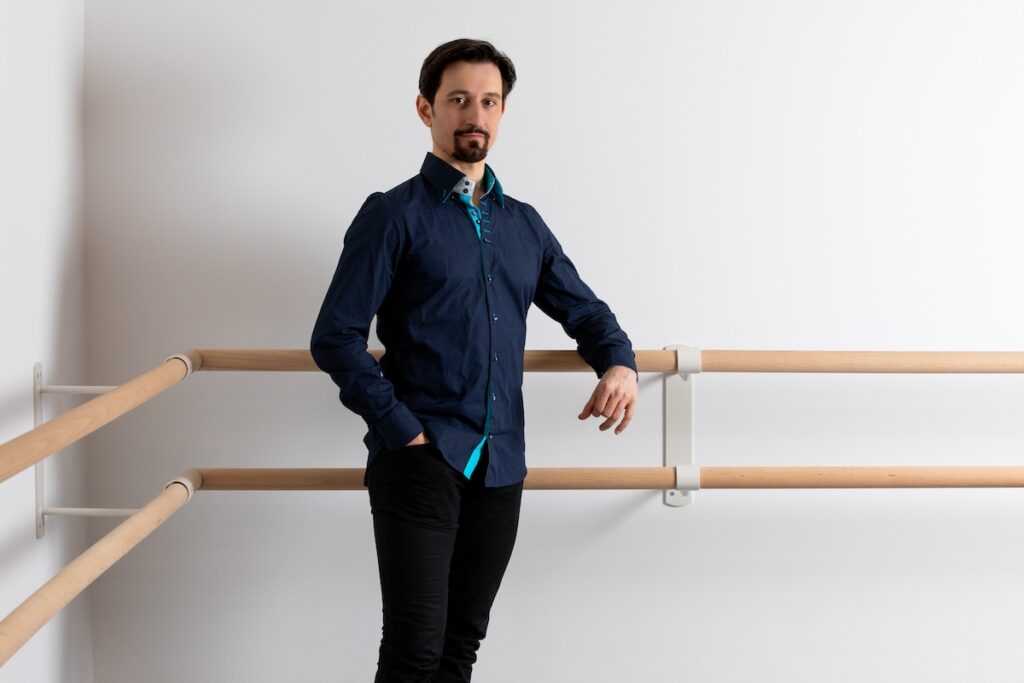
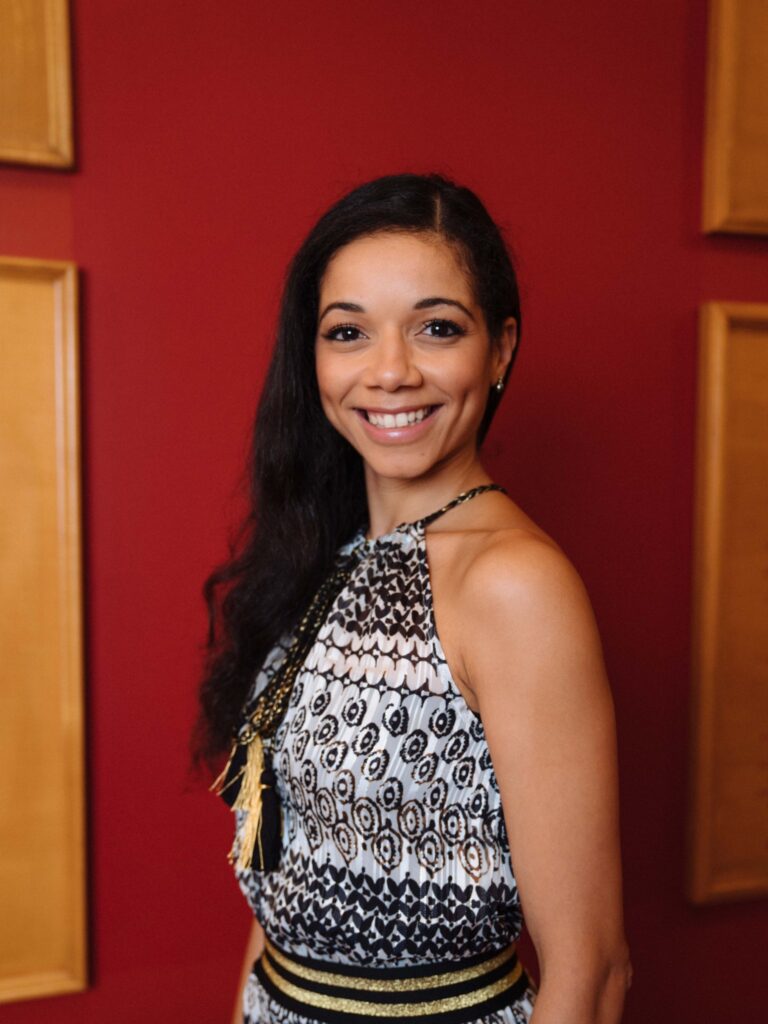
‘The exams felt quite ceremonial. As a young boy, they felt very prestigious’
Valentino Zucchetti
Gittens’s daughter, Céline, now a Principal Dancer with Birmingham Royal Ballet and an RAD Ambassador, happily recalls the excitement generated by the familiar structure of exams. ‘Waiting outside the examination door, I always remember my hair being immaculate, my character skirt folded over one arm, holding my character – and later pointe – shoes, and waiting for the “ding” of the examiner’s bell…’
Céline Gittens also believes that following the RAD syllabus helped install a positive work ethic and deeper understanding of ballet. The format of the exams, starting with that little ‘ding’, might seem intimidating or old-fashioned. But Zucchetti, who took his first RAD exams in Italy, offers a different take. ‘It was quite ceremonial and gave it a legitimacy,’ he reflects. ‘As a young boy, it felt very prestigious to do them in that way.’
Zucchetti thinks that, rather than attempt to downplay the ritualistic elements of the exams, pupils should embrace the opportunity to assume a certain poise and persona. ‘Think of it as being a bit like a character you’re developing: you are now being a disciplined person. It’s like how a person doesn’t always wear a suit but, once in a while, it’s nice to dress up, go out and feel like a million dollars.’
Rosemary Waugh is an art critic and journalist for titles including the New Statesman, Time Out and the TLS. Her first book, Running the Room: Interviews with Women Theatre Directors was published in 2023.
Barbara Gibson is a Polish freelance photomontage illustrator and artist. She is co-owner of Gibson Kochanek Studio. barbaragibson.pl
What are your most memorable RAD exam experiences?
LET US KNOW!
